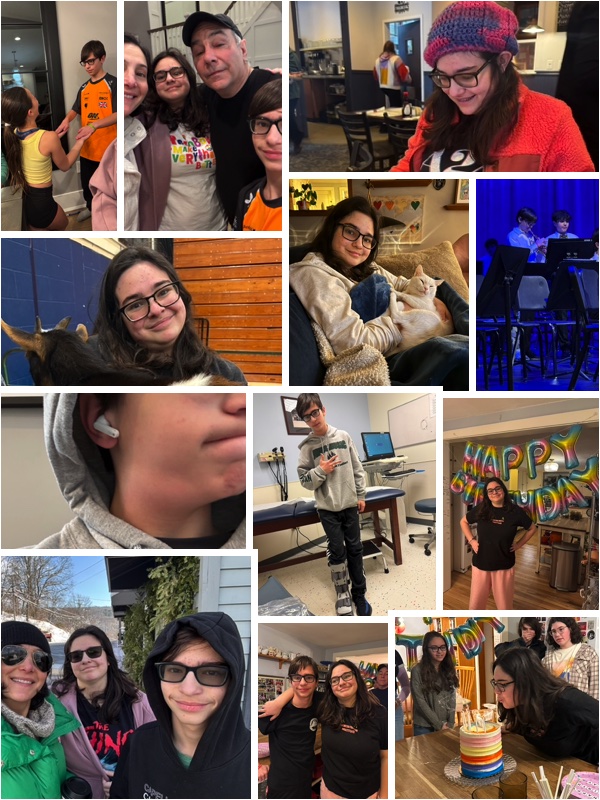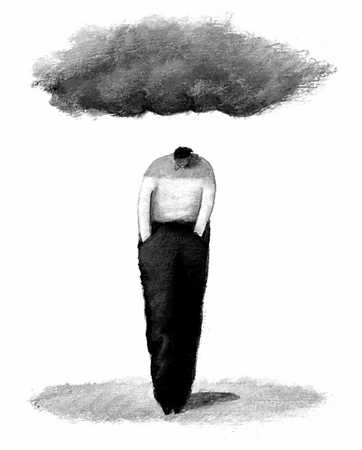I saw a raccoon sitting in the road on Sunday morning.
It was probably not the healthiest raccoon in the world, given that it was broad daylight and appeared unconcerned about the enormous vehicle heading my direction. I actually pulled alongside the animal and, for a moment, felt the desire to step out of my car and maybe pick it up.
I know. Crazy. But the instinct has a source.
Growing up, I had a pet raccoon.
People think it’s crazy that I had a pet raccoon, but context is essential.
First, my family was not the first to own a pet raccoon. First Lady Grace Coolidge had a pet raccoon named Rebecca, who was a celebrated resident of the White House. Rebecca was dragged out for Easter egg rolls and held like a cat while the First Lady posed for the camera.
Second, my parents didn’t purchase the raccoon at a pet store or plan for a raccoon as a pet. A tree with a nest of baby raccoons was felled, and their mother was killed, so my father took one of the baby raccoons into his care until it could fend for itself.
Of course, this is not what I was told. I assumed that we’d have the raccoon forever.
His name was Racket, and he lived in a cage made of wood and chicken wire in the backyard. Truthfully, he only occasionally resided in that cage. Raccoons have tiny hands, not unlike our own, so keeping Racket locked up in the cage was nearly impossible. He escaped all the time, and when he did, we would try like hell to get into the house, tearing apart the screens on the windows on more than one occasion.
The best thing about Racket was that he loved me more than my brother and sister. He would frequently claw and bite them, but with me, he was always sweet, climbing into my shirt and hair and holding on for dear life. There were mornings when I would awaken to find Racket lying beside me in my bed, having found a way into our home.
This kind of rehabilitation is not unusual. In fact, a few years ago, the state of Alabama made it illegal to rehabilitate baby raccoons because of the propensity for rabies in the raccoon population.
Many Alabamians were enraged. They love their raccoons.
Lest you think folks from Alabama are entirely noble for their desire to rehabilitate raccoons, it should also be noted that raccoon hunting is quite popular in Alabama. In fact, hunting associations in Alabama can legally keep up to ten raccoons in a cage to train coon hounds.
Since the 1950s, the state has offered permits for an event called “coon on the log.” The contests, which are thankfully rarer these days, are designed to test a coon hound’s mettle. A raccoon is tied to a log and floated into a lake. Owners then release their dogs and see which ones have the fortitude to knock the raccoon into the water.
So, for every raccoon rehabilitation specialist in Alabama, there is probably at least one raccoon hunter and possibly torturer.
Makes me so sad.
I’m also sad that no photos exist of Racket.
How does a kid have a pet raccoon, but the parents take no photos? Taking pictures in my childhood was much more difficult, but we owned a camera. It wasn’t that hard.
After a time, Racket became too large to keep as a pet, so my parents told me one morning that Racket had disappeared. Run away. Later, I learned that my father had brought him deep into the woods and released him. But I would occasionally see Racket in the old barn in the back of our property, perhaps coming around to check on me.
More than likely searching for an easy meal.
This is to say that I have a special affection for raccoons, which made the desire to pop out of my car and pick up the raccoon on the road very real. Instead, I called the police and alerted them to a possibly rabid raccoon on a road where adults and children frequently walk.
Hopefully, the little guy was perfectly healthy and just saw someone coming down the road who loves raccoons and wanted to say hello.
In the absence of any further evidence, that’s what I’m going with.






